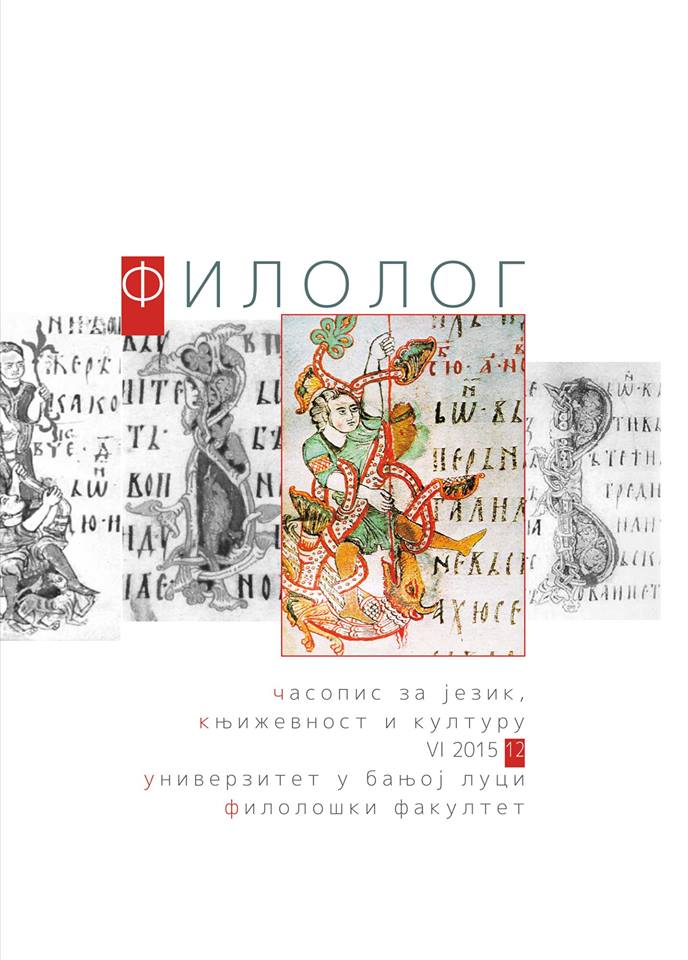Bestia et Amor: Equine Erotology in Shakespeare’s “Venus and Adonis”
Bestia et Amor: Equine Erotology in Shakespeare’s “Venus and Adonis”
Author(s): Jonathan W. ThurstonSubject(s): Language and Literature Studies, Poetry, Comparative Study of Literature, Other Language Literature, Philology, Drama
Published by: Филолошки факултет Универзитета у Бањој Луци
Keywords: horses; animal studies; hippology; equestrianism; “Venus and Adonis”; Shakespeare;
Summary/Abstract: In his narrative poem Venus and Adonis (1593), Shakespeare advances two horses, a “jennet” and a “courser,” as a means of commenting on human sexuality. The poem’s equine terminology also gestures to commonplaces of sixteenth-century horsemanship. Shakespeare appropriates the literary symbol of the horse as representative of human sexuality in order to comment on contemporary political/national relations. Gender and animality in Venus and Adonis prove entirely congruent with the poem’s classical republicanism. Examining Venus’s almost-Spanish imperialism reveals that, more than just being aware of hippological discourse in the classical tradition, Shakespeare was incisively cognisant of the equestrian rule that the best manège was not at all about dominance. This paper traces the etymology of Shakespeare’s equine terminology within the context of English-Spanish relations in the late sixteenthcentury.
Journal: Филолог – часопис за језик, књижевност и културу
- Issue Year: 2015
- Issue No: 12
- Page Range: 145-155
- Page Count: 11
- Language: English

